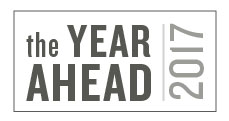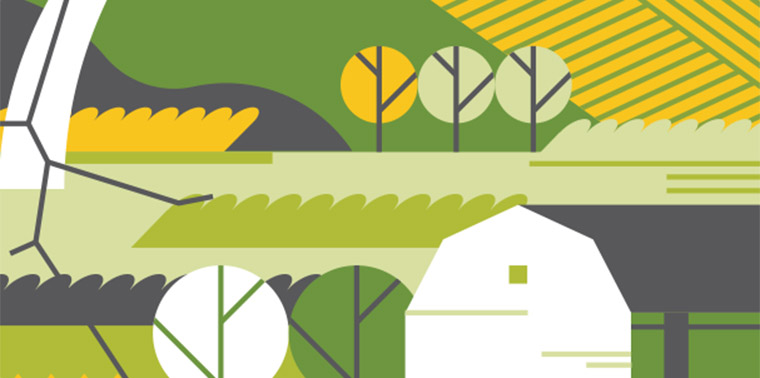December 29, 2016 —  When you look to the year ahead, what do you see? Ensia recently invited eight global thought leaders to share their thoughts. In this interview with Ensia contributor Lisa Palmer for Ensia’s 2017 print annual, Real Food Media founder Anna Lappé responds to three questions: What will be the biggest challenge to address or opportunity to grasp in your field in 2017? Why? And what should we be doing about it now?
When you look to the year ahead, what do you see? Ensia recently invited eight global thought leaders to share their thoughts. In this interview with Ensia contributor Lisa Palmer for Ensia’s 2017 print annual, Real Food Media founder Anna Lappé responds to three questions: What will be the biggest challenge to address or opportunity to grasp in your field in 2017? Why? And what should we be doing about it now?
The food system is one of the largest forces impacting our planet’s environment and people’s health. The choices about what crops are grown, where and how they are produced, who gets access to that food and who makes those decisions all have global consequences.
One of the challenges to achieving a more sustainable and fair food system is corporate consolidation in the food sector. Consider the latest proposed merger between global giants Bayer and Monsanto pending antitrust approval. And remember, DuPont-Dow, Syngenta–Chem China and Monsanto-Bayer (if the mergers go through) aren’t agriculture companies first — they’re chemical companies.
Particularly worrisome is that these multinational corporations are focused on just a handful of commodity crops, while we know global food security comes from supporting biodiversity. We know that corporate control leads to political capture as corporations use lobbying dollars and campaign contributions to shape public policy and regulation, with enormous implications for the environment and food safety. We also know that once four or fewer corporations control more than 40 percent of a market, true competitiveness is compromised: Consumers and farmers lack real choice and fair prices. Consolidation puts food workers and small-scale farmers at risk, and it increases vertical integration, further hurting farmers’ ability to compete.
To achieve greater food sovereignty, we need to embolden our regulators to take antitrust action against these mergers. We need to see these not as simply business deals for Wall Street analysts to angst over, but as deals that affect the very essence of our food system. ![]()
Editor’s note: The views expressed here are those of the author and not necessarily of Ensia. We present them to further discussion around important topics. We encourage you to respond with a comment below, following our commenting guidelines, which can be found here. In addition, you might consider submitting a Voices piece of your own. See Ensia’s “Contact” page for submission guidelines.
Ensia shares solutions-focused stories free of charge through our online magazine and partner media. That means audiences around the world have ready access to stories that can — and do — help them shape a better future. If you value our work, please show your support today.
Yes, I'll support Ensia!

